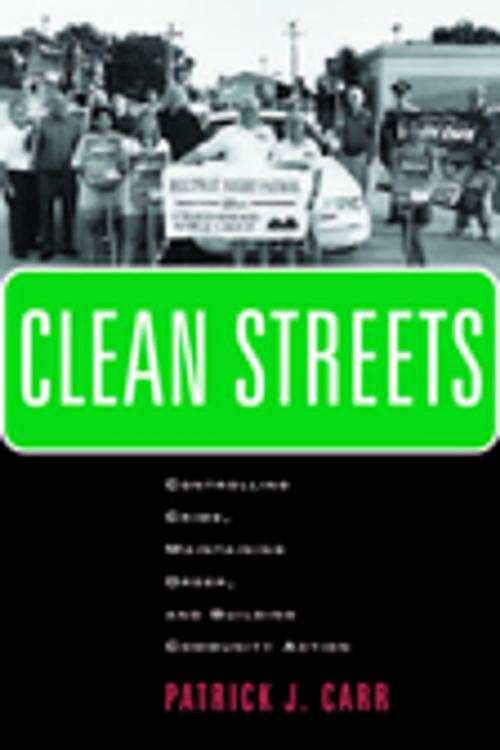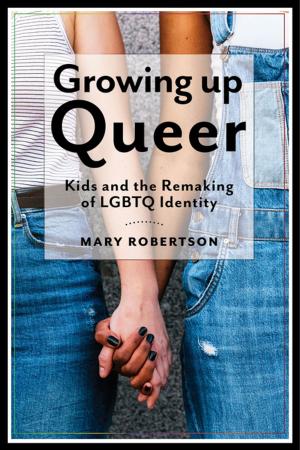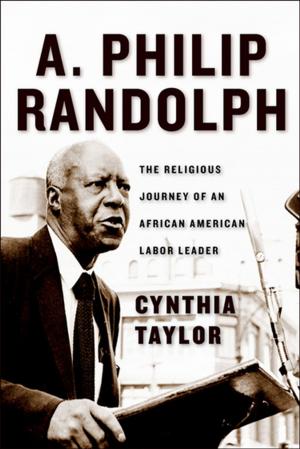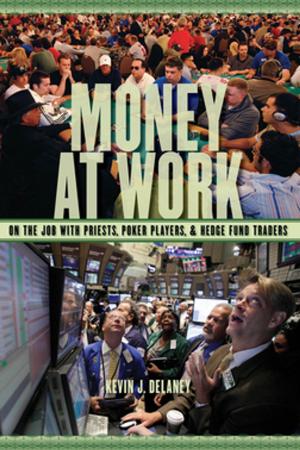Clean Streets
Controlling Crime, Maintaining Order, and Building Community Activism
Nonfiction, Reference & Language, Law, Criminal law, Social & Cultural Studies, Social Science, Crimes & Criminals, Criminology| Author: | Patrick J. Carr | ISBN: | 9780814717233 |
| Publisher: | NYU Press | Publication: | December 1, 2005 |
| Imprint: | NYU Press | Language: | English |
| Author: | Patrick J. Carr |
| ISBN: | 9780814717233 |
| Publisher: | NYU Press |
| Publication: | December 1, 2005 |
| Imprint: | NYU Press |
| Language: | English |
With the close proximity of gangs and the easy access to drugs, keeping urban neighborhoods safe from crime has long been a central concern for residents. In Clean Streets, Patrick Carr draws on five years of research in a white, working-class community on Chicago’s South side to see how they tried to keep their streets safe. Carr details the singular event for this community and the resulting rise of community activism: the shootings of two local teenage girls outside of an elementary school by area gang members. As in many communities struck by similar violence, the shootings led to profound changes in the community's relationship to crime prevention. Notably, their civic activism has proved successful and, years after the shooting, community involvement remains strong.
Carr mines this story of an awakened neighborhood for unique insights, contributing a new perspective to the national debate on community policing, civic activism, and the nature of social control. Clean Streets offers an important story of one community's struggle to confront crime and to keep their homes safe. Their actions can be seen as a model for how other communities can face up to similarly difficult problems.
With the close proximity of gangs and the easy access to drugs, keeping urban neighborhoods safe from crime has long been a central concern for residents. In Clean Streets, Patrick Carr draws on five years of research in a white, working-class community on Chicago’s South side to see how they tried to keep their streets safe. Carr details the singular event for this community and the resulting rise of community activism: the shootings of two local teenage girls outside of an elementary school by area gang members. As in many communities struck by similar violence, the shootings led to profound changes in the community's relationship to crime prevention. Notably, their civic activism has proved successful and, years after the shooting, community involvement remains strong.
Carr mines this story of an awakened neighborhood for unique insights, contributing a new perspective to the national debate on community policing, civic activism, and the nature of social control. Clean Streets offers an important story of one community's struggle to confront crime and to keep their homes safe. Their actions can be seen as a model for how other communities can face up to similarly difficult problems.















